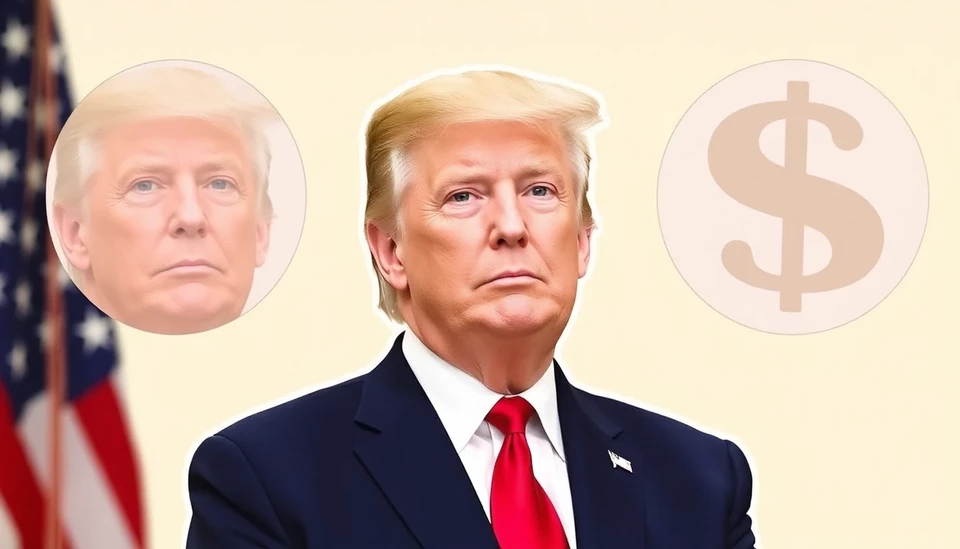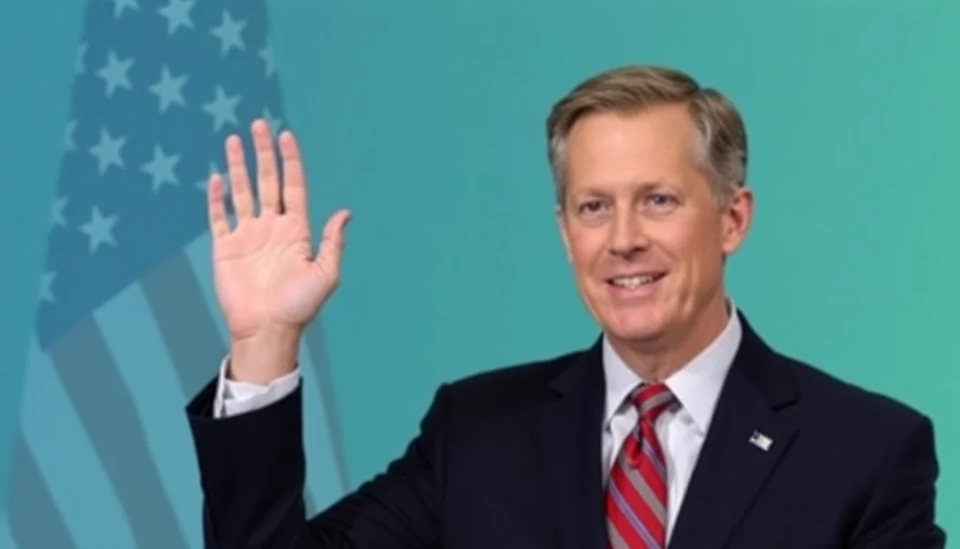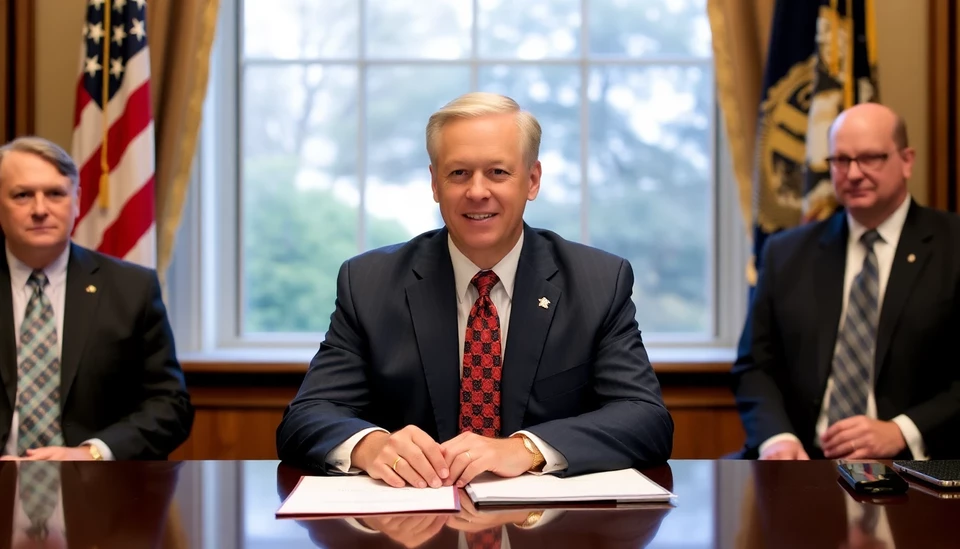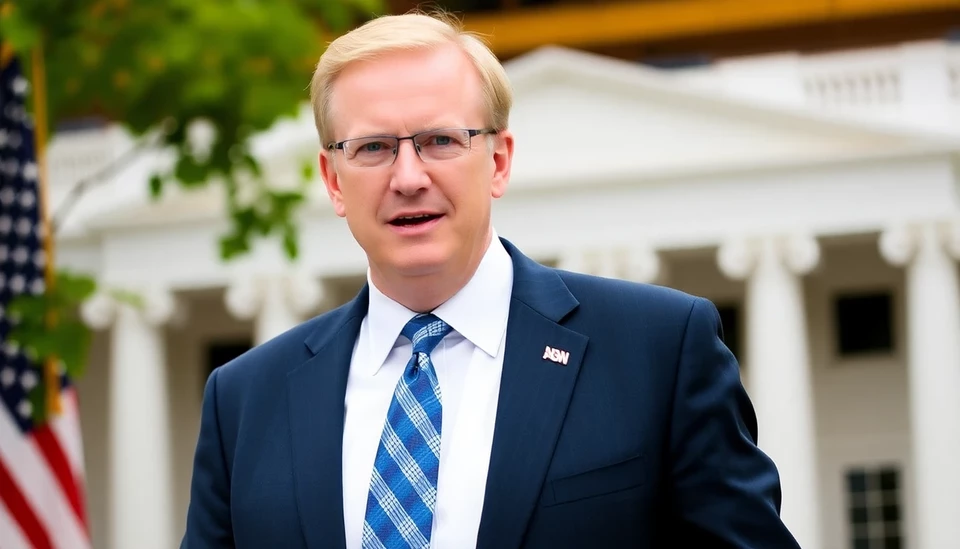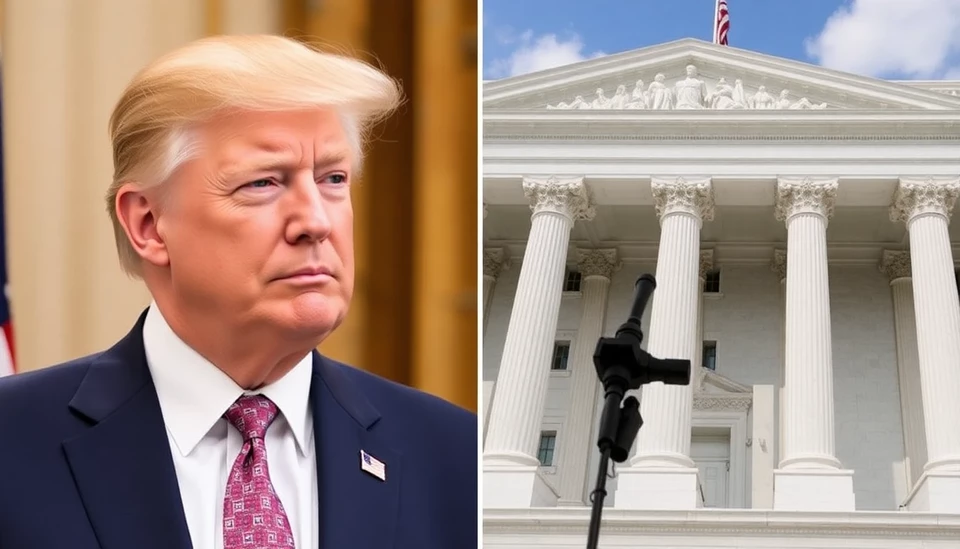
In a startling turn of events, former President Donald Trump has appointed Scott Bessent, a well-known figure in financial circles, as his nominee for Treasury Secretary. This decision is sparking conversations across Wall Street, with many analysts and investors keen to assess what this choice signifies for fiscal policy and the economy at large.
Bessent, who previously served as the chief investment officer at Soros Fund Management, is recognized for his extensive experience in hedge fund management and investment strategy. His reputation as a savvy investor places him in a unique position to influence economic policies that could impact everything from stock markets to international trade.
Trump’s choice of Bessent reflects his administration's ongoing strategy to attract experienced business leaders into key governmental roles. Bessent’s background in managing high-stakes investment portfolios suggests that he could bring a wealth of knowledge regarding market fluctuations and financial regulations to the Treasury Department.
There are a myriad of implications surrounding Bessent’s appointment. Analysts are speculating on the potential for deregulation in the financial sector, which has been a hallmark of Trump's thesis since he took office. A pro-business Treasury Secretary like Bessent may push for policies that prioritize financial sector growth over regulatory compliance, potentially leading to a boon for Wall Street.
Moreover, Bessent has a track record of effectively managing risk and navigating complex financial landscapes, skills that will be essential as the United States faces economic challenges including inflation and a volatile stock market. His historical perspective on investments could also influence how the U.S. handles public debt management, especially in light of rising interest rates.
Insights from financial experts suggest that Bessent's candidacy will likely result in increased volatility in markets. Investors typically react to changes in leadership at the Treasury with caution, evaluating the new Secretary's proposed policy agenda. However, Bessent's previous affiliations with major investment firms could instill confidence among institutional investors, potentially leading to a more favorable market outlook.
In this age where economic interdependence is paramount, Bessent’s potential ties to global markets cannot be overlooked. His prior work with international investors might pave the way for more robust trade agreements and capital flow initiatives as Trump seeks to reposition the U.S. economically on the global stage.
As Bessent prepares for confirmation hearings, the Treasury will be under a magnifying glass. The peppering of questions about his financial philosophy and regulatory stance during these hearings will be crucial as they will set the tone for his tenure, should he be confirmed. Therefore, the industry and policy makers alike are tracking developments closely.
In conclusion, Scott Bessent's appointment as Treasury Secretary signifies a pivotal moment not just for Trump’s administration but also for Wall Street and the broader economic landscape. As industry players adapt to this new reality, the focus will undoubtedly be on Bessent's policy direction and the immediate repercussions that may follow.
#ScottBessent #TrumpAdministration #TreasurySecretary #WallStreet #EconomicPolicy #Deregulation #Investments #FinanceNews
Author: Daniel Foster
